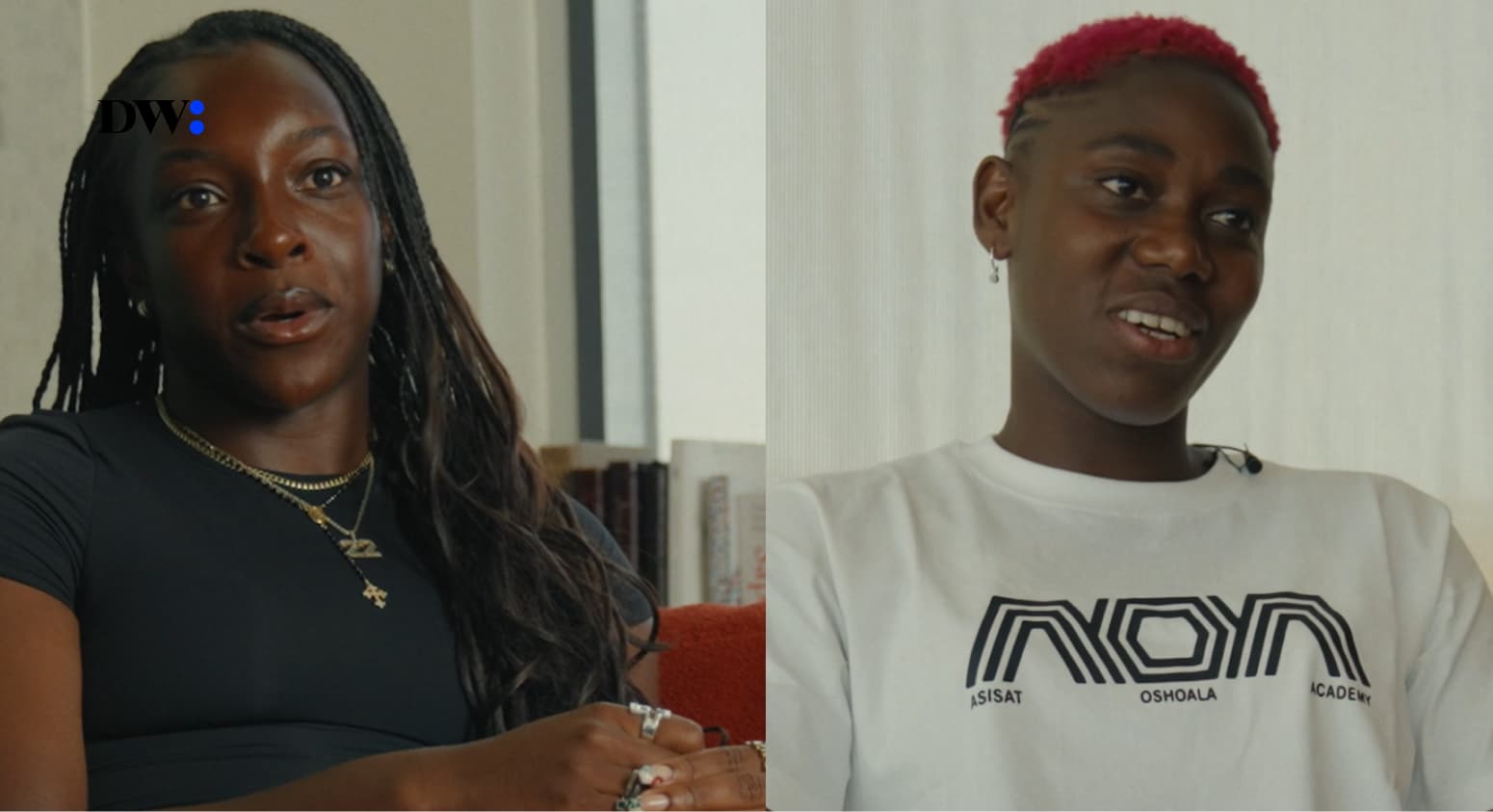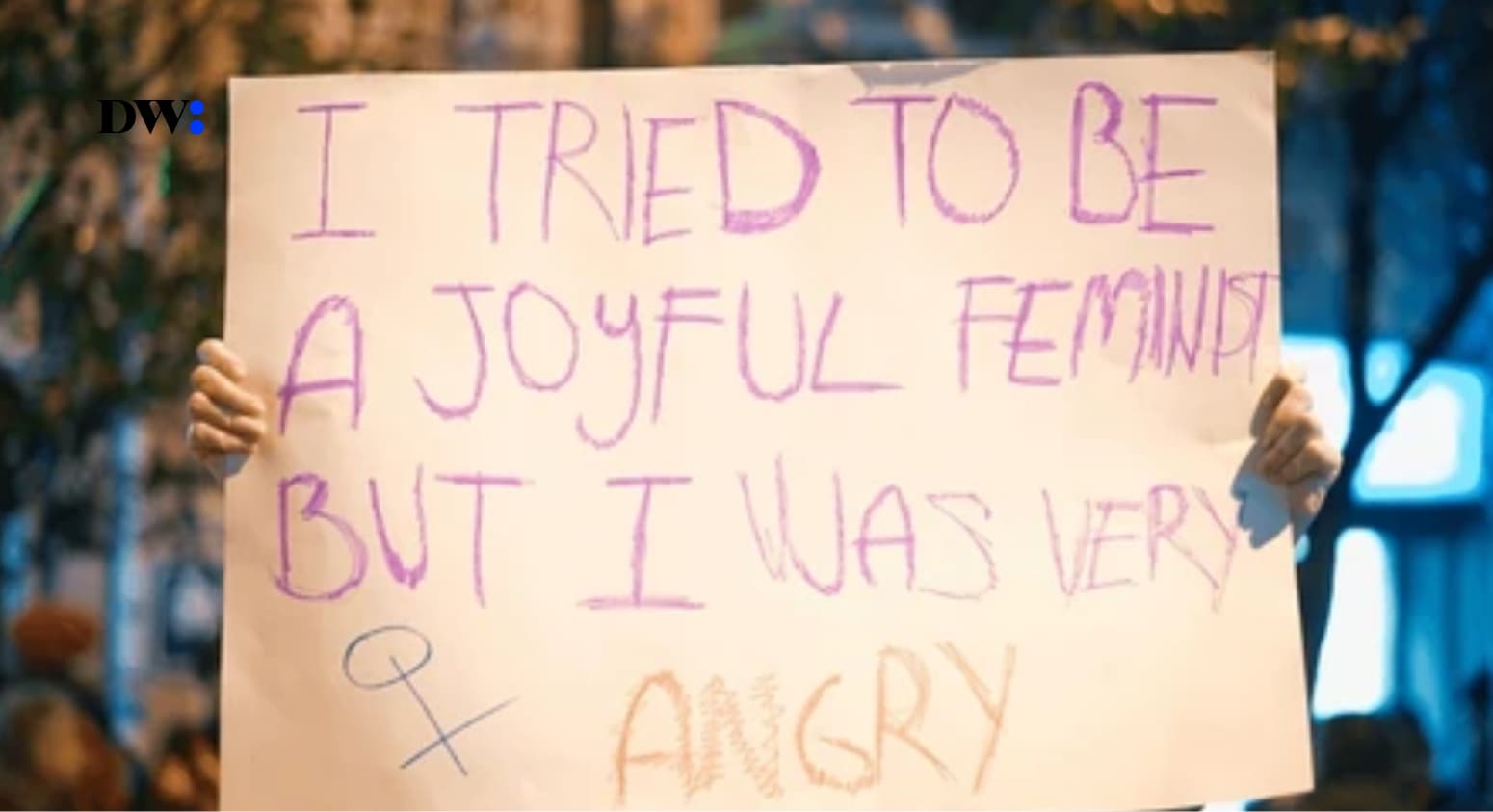London-based physicist Jessica Wade has created over 1,600 Wikipedia entries about historically underrepresented women scientists and has strong opinions about how to encourage young women to pursue careers in STEM.
The London-based physicist, 33, has become something of a phenomenon in her own right thanks to her very public effort to encourage more women to pursue careers in science, technology, engineering, and mathematics (science, technology, engineering and mathematics).
Wade rose to prominence when, while still in her 20s, she began penning the Wikipedia biographies of women and minority scientists underappreciated by their male colleagues in the field, the general public, and even their employers.
She became more vocal about the need for gender parity in STEM fields as the number of her Wikipedia articles increased into the dozens and eventually the hundreds. She was honoured with honours and recognition and even received a nod from Wikipedia’s creator, Jimmy Wales.
However, not everyone in the Wiki community approved of her actions. The most influential contributors and editors to Wikimedia projects are termed “Wikimedians,” They erased some of her entries. She revealed to TODAY.com that some of the ladies she profiled were deemed “not all that well-known.”
To cite just one example, consider Clarice Phelps. When Wade learned about the young black nuclear chemist, she wrote a Wikipedia article about the team’s discovery of a new element at Oak Ridge National Laboratory.
Phelps’ Wikipedia page was repeatedly removed and reinstated while its defender, Wade, faced its detractors. Wade prevailed, and Phelps’ Wikipedia page is now permanently restored.
Meanwhile, the entry on Wade on Wikipedia that Wade herself didn’t create has ballooned to 10 pages.
As Wade works to increase public awareness of women in STEM fields, she also has ideas about how to equip the next generation better.
Wade recently said in an interview, “People assume girls don’t choose science because they’re not inspired.” Girls are already showing an interest. It’s more about getting parents and educators on board and educating pupils about various science-related occupations.
According to the American Association of University Women, only 28 per cent of U.S. workers are female in STEM fields, and only 20 per cent of current engineering and computer science students are female. The American Association of University Women, a non-profit group dedicated to gender equality, reports that women in STEM earn $60,000 annually, while men in the same fields make $85,000.
“Ultimately, we don’t only need to increase the number of girls choosing science; we need to increase the proportion of women who stay in science,” said Wade, whose doctoral research at Imperial College in London has been widely cited for advancements in digital display technology for TVs, computers, and phones.
She mentioned better high school science professors as a possible solution. She thinks colleges and universities should be more transparent about their policies on bullying and sexual harassment and that conference organisers should offer day care and funding for people with caring duties.
“It’s also important because we’re designing new technologies or new scientific solutions to global problems, we want the teams of people creating them to reflect the societies that they’re serving,” she said. “Even if you don’t care about any of that, the world desperately needs more scientists and engineers,” Wade added. “Science can help solve the world’s biggest challenges — climate change, antibiotic resistance, emerging pandemic-inducing viruses.”





